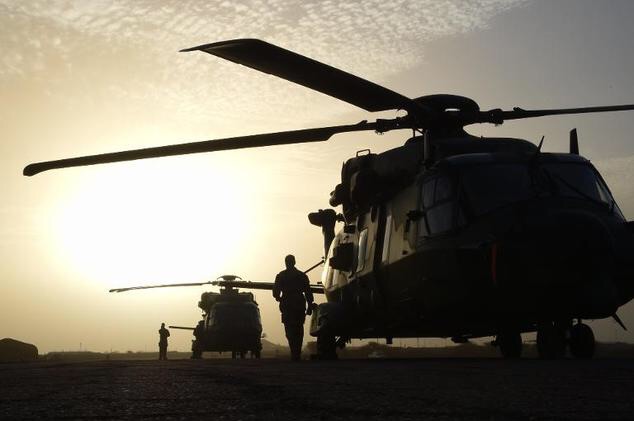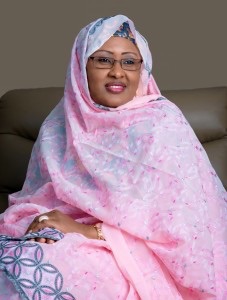Nigeria’s central bank chief said on Thursday there was “no need to panic” over the slide of the currency, after figures showed the bank had spent over $110 million a day over nine recent trading sessions in a vain attempt to defend it.
The naira has crashed through the key level of 200 to the dollar this week in a rout sparked by weak oil prices and escalating tension over the postponement of a presidential election.
Central Bank Governor Godwin Emefiele said the currency was “appropriately priced” despite a nearly 25 percent slide against the dollar in the last three months, and investors should stay calm.
“We are not in the best of times but there’s no need to panic,” Emefiele told CNBC Africa in an interview. He said the bank’s Monetary Policy Committee did not need to hold an emergency meeting, and ruled out a float of the currency.
In the latest update on its reserves, the Central Bank of Nigeria (CBN) said on Thursday its stockpile of dollars had dropped to $33.4 billion as of Feb. 10, a decline of $1 billion since Jan. 28.
Dealers say there has been further central bank intervention during chaotic trading on Wednesday and Thursday. In both the latest two sessions, they triggered an agreed ‘circuit-breaker’ to halt electronic trading because of the pace of the naira’s fall.
The latest date on currency sales showed a dramatic escalation of the central bank’s attempts to stabilise the naira. Last year it burnt up reserves at an average rate of $20 million a day to prop up the currency.
The naira ended Thursday at a new record closing low of 205.60 to the dollar, compared with the central bank’s target range of 160-176.
The slide, and the failure to stem the rout by tightening domestic liquidity or pumping dollars into the foreign exchange market, piles even more pressure on Emefiele to devalue the currency for the second time in three months.
However, analysts say looming elections – a Feb. 14 vote was postponed last week to March 28, ostensibly due to security concerns – are putting him in an impossible situation.
Naira derivatives betting on the future level of the currency point to it collapsing to around 280 to the dollar in a year’s time.
BOND AUCTION FALLS SHORT
Nigeria relies on oil for 90 percent of its foreign exchange, and the currency started to come under pressure in early November when the impact of the collapse in oil prices started to be felt.
In another worrying sign for Abuja, which is facing a funding crunch due to the decline in oil revenues, a domestic bond auction fell short of expectations, raising only 76 billion naira out of an intended 90 billion.
The naira’s decline has accelerated over the last week as concerns have grown about a prolonged political stalemate or constitutional crisis in Africa’s most populous nation, whose economy – now the continent’s largest – has habitually suffered around election time.
The election commission postponed this weekend’s vote because security forces said they could not guarantee the safety of voters. That has led to speculation that the military, which has stayed out of politics for 15 years, might be slipping back into old habits.
On Wednesday, the army denied any involvement in politics and said it remained neutral in the electoral contest between President Goodluck Jonathan and his main challenger, former military ruler Muhammadu Buhari.














